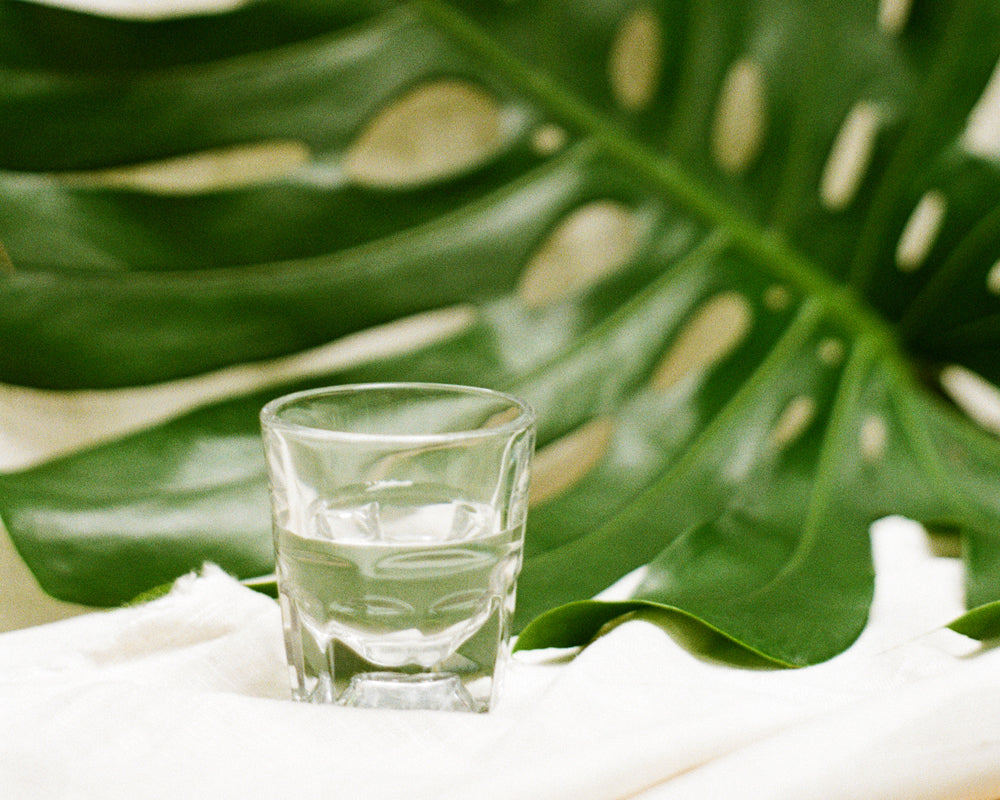Early Gin History
We spend a lot of our time around spirits – drinking them, mixing them, reading about them, and discussing them in wonkish detail. And if we had a dollar for every time we sat next to a stranger who, upon learning we work with spirits, began a sentence with: “I’m just not a [insert misunderstood spirit here] person”? Believe us, reader, when we say we could pay our rent with that money.
This series is an antidote to all those false starts and bad first impressions. Because the best counter to a bad hangover is sticking to good alcohol in the first place.
First up: gin. Most of us had an improper introduction to this beautiful botanical spirit – what we on the AMASS team fondly refer to as, ‘gin-cidents’. But if you’re not taking the time to appreciate all the exciting products coming out of gin’s recent renaissance, what are you doing, really?
From Genever to Gin
Although ‘gin’ is said to have been invented around 1650 by Dr. Franciscus Sylvius in the Netherlands, this early iteration still would have been classified as genever (which literally translates to ‘juniper’) – not gin as we know it today. Gin has its origins in Dutch genever (also known as Holland Gin or Dutch Gin) which was originally created by distilling malt wine and adding herbs to make the harsh tasting beverage a little more palatable.
The date that genever was renamed to gin is unclear, but the first written reference of the actual word ‘gin’ was in 1714 in Bernard Mandeville’s The Fable of the Bees; in the book, ‘gin shops’ had already been proliferous and gin had become a part of the fabric of culture at the time. By the mid-17th century genever production was widespread in the Netherlands and Flanders.
Though the spirit originates in the Netherlands, its reputation today is that of a very proper English drink. Dutch Jenever became popular in England during the late 1700s, after Dutch king William of Orange took the English throne in 1688. The British government allowed gin to be distilled without a licence around that time, and as a result Gin became more popular than beer with over half of all the drinking shops in London serving mostly gin – leading to a Gin Craze so disastrous, it was referred to as ‘Mother’s Ruin.’
Mother's Ruin
Once gin crossed the Channel into England, it quickly became the drink of choice for the very poor. The average person could not afford French wine or brandy, so gin became the poor man’s drink with some works receiving gin as part of their wages. Gin consumption (and often, overconsumption) rapidly increased; in London alone, there were more than 7,000 dram shops and 10 million gallons of gin were being distilled annually in the capital.
The government decided that the tax must be raised on gin but, as any casual student of history might predict, the tax had the opposite of its intended effect. The implementation of the tax put many reputable sellers out of business and cleared the way for bootleggers, who sold their wares under such fancy names as Cuckold’s Comfort, Ladies Delight and Knock Me Down. Overnight, gin sales went underground with dealers, pushers and runners selling their illegal hooch into a black market.
In 1736 a Gin Act was passed which forbade anyone to sell ‘distilled spirituous liquor’ without first taking out a licence costing £50. This in turn led to a surge in various social problems, to which the government responded by passing a series of Gin Acts which imposed higher taxes on producers and retailers. In the seven years following 1736, only three £50 licences were taken out but the black market continued to thrive.
The government was forced, once again, to confront the perpetual drunkenness and debauchery in the capital. The new Gin Act raised the duty on drink and forbade distillers, grocers, jails and workhouses from selling the popular spirit. The new act proved effective in curtailing gin sales and consumption fell dramatically through the rest of the eighteenth century.

